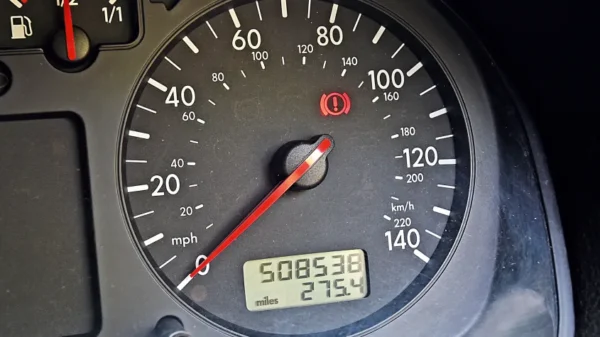The Impact of Mileage on Car Depreciation
It is widely acknowledged that as a car ages, it inevitably loses value. This trend begins the moment a new car is driven off the showroom floor, with mileage being a critical factor in determining its worth. A higher-mileage vehicle will typically be valued less than a comparable car with lower miles. This difference can be attributed to the perception that lower-mileage cars feel fresher and newer in performance.

Mileage as a Measure of Wear and Tear
In automotive terms, mileage is essentially synonymous with usage. As a car accrues miles, its components undergo wear and tear that can lead to potential issues. Notably, the engine, tires, and suspension may experience degradation, which can deter prospective buyers. Consequently, the more miles on the odometer, the more maintenance a vehicle may require—further impacting its value.
The Perception of Value in the Second-Hand Market
When considering how much mileage affects a car’s used value, it is important to understand consumer perceptions. Buyers tend to gravitate towards vehicles with lower mileage because they anticipate fewer problems and a driving experience that more closely resembles that of a new car. This perceived quality associated with lower-mileage cars means that sellers can often demand a higher price, making mileage a critical consideration when assessing a car’s resale value.